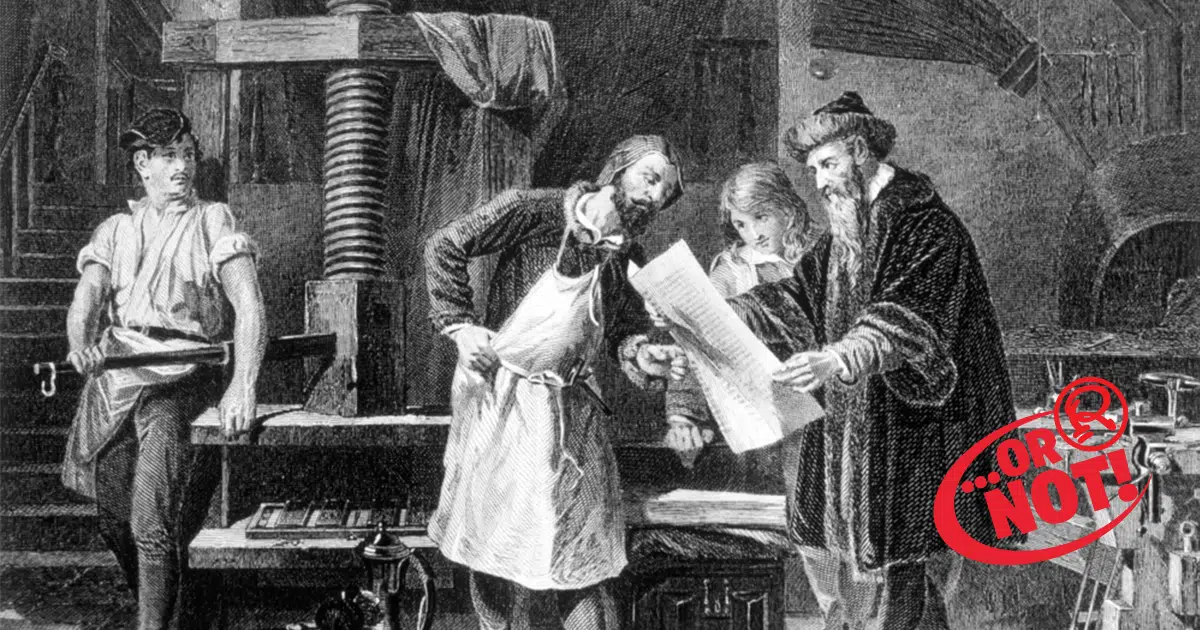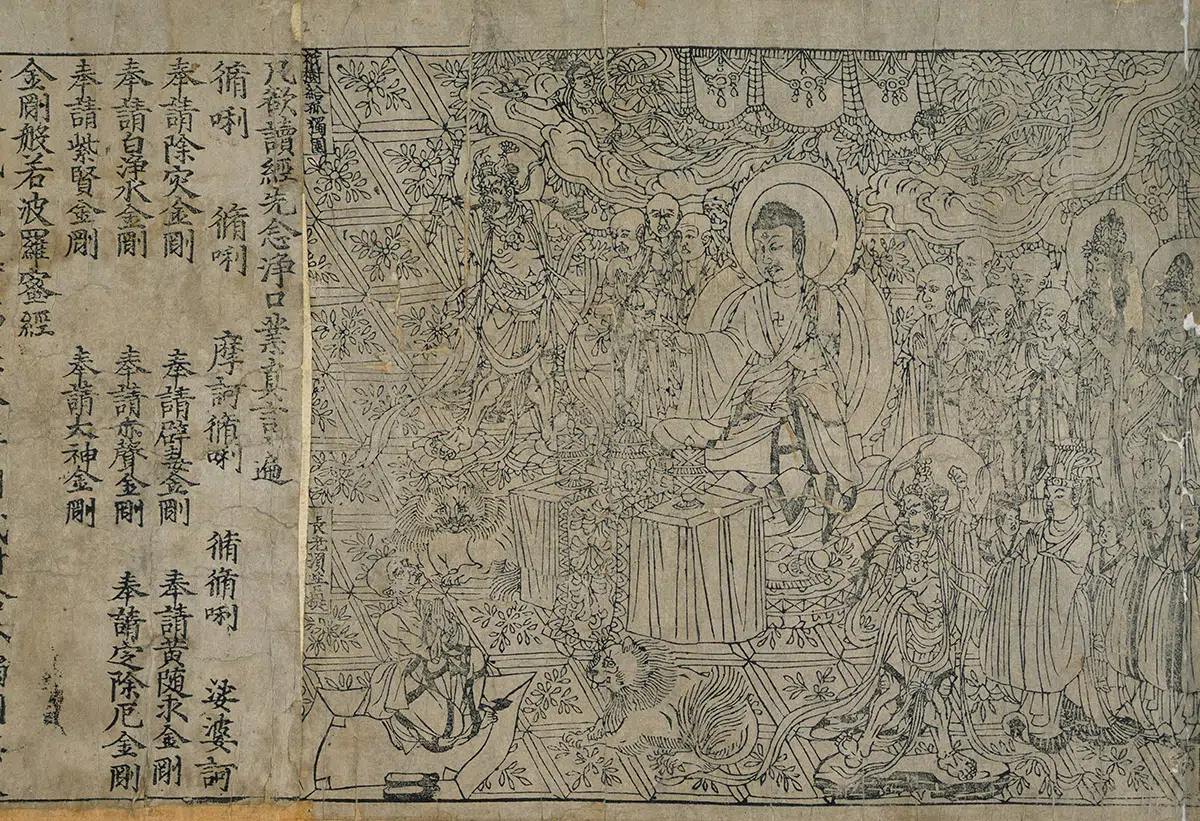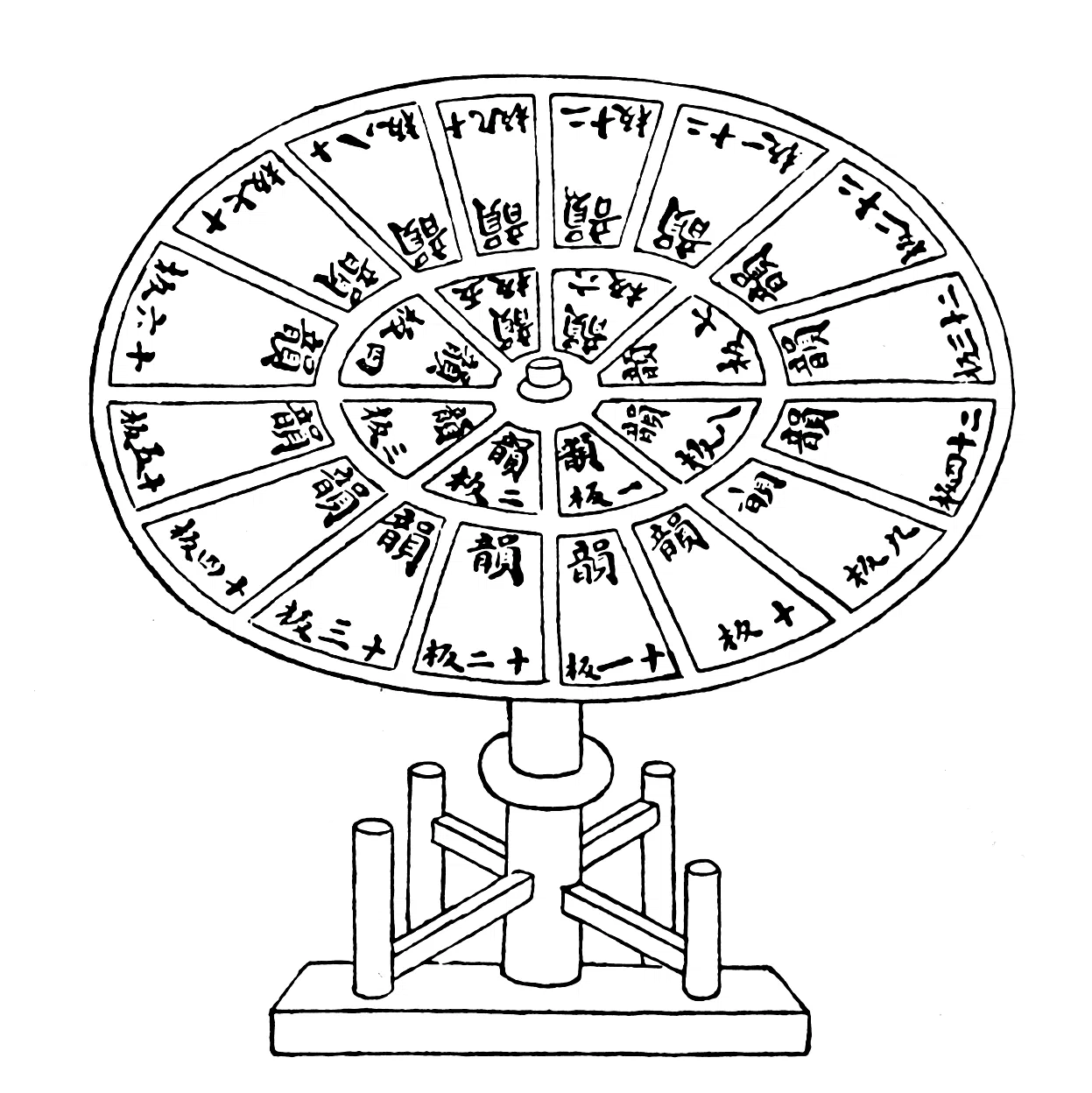
Did Gutenberg Invent The First Printing Press?
Featured in Ripley's Believe It or Not!

Johannes Gutenberg was a German inventor who lived during the 1400s and is often credited with inventing the printing press, or a mechanic device by which humans were able to begin printing the written word without having to handwrite everything. While his contribution to the world should not be diminished, the truth is that Gutenberg didn’t invent the printing press but rather made it accessible as well as popular. Simply put, the idea and innovation behind the printing press existed long before Gutenberg was even born.




